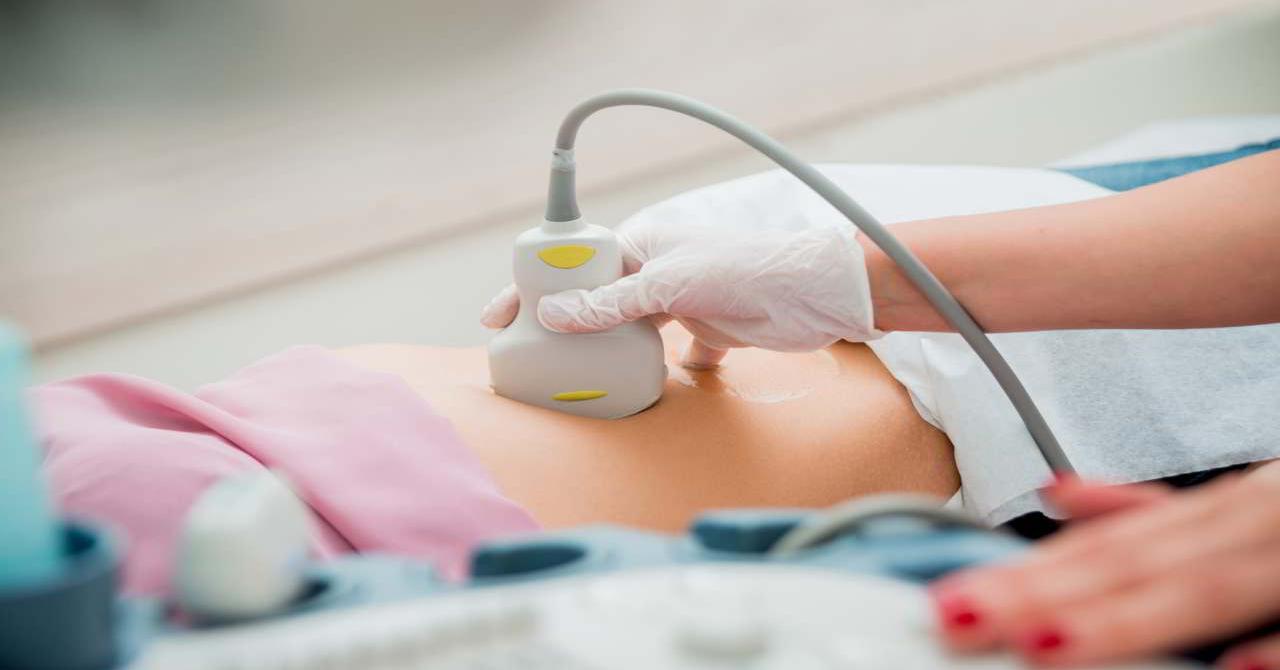Are you curious to know what is follicular study? You have come to the right place as I am going to tell you everything about follicular study in a very simple explanation. Without further discussion let’s begin to know what is follicular study?
Follicular study, also known as follicle monitoring or ovarian monitoring, is a vital diagnostic procedure used in reproductive medicine to assess the development and maturation of ovarian follicles in women. It plays a significant role in fertility treatments, such as in vitro fertilization (IVF) and intrauterine insemination (IUI). In this blog, we will explore the purpose, process, and significance of follicular study in reproductive health.
What Is Follicular Study?
The ovaries contain tiny fluid-filled sacs called follicles, which house the developing eggs. During a woman’s menstrual cycle, these follicles grow and mature under the influence of hormones. Follicular study involves monitoring the growth and development of these follicles through ultrasound imaging.
Purpose Of Follicular Study
- Assessing Ovulation Timing: Follicular study helps determine the optimal time for ovulation, which is crucial for achieving pregnancy. By tracking the size and growth of the follicles, healthcare providers can predict when the dominant follicle is likely to release a mature egg.
- Monitoring Treatment Response: In fertility treatments such as IVF or IUI, follicular study is used to monitor the response to ovarian stimulation medications. By tracking the follicular growth, doctors can adjust the medication dosage to maximize the chances of successful egg retrieval or insemination.
- Detecting Ovarian Disorders: Follicular study aids in identifying any abnormalities or disorders affecting ovarian function. It can help diagnose conditions such as polycystic ovary syndrome (PCOS), ovarian cysts, or hormonal imbalances that may impact fertility.
The Follicular Study Process
- Baseline Assessment: The follicular study usually begins with a baseline assessment, conducted during the early days of the menstrual cycle. This initial ultrasound scan provides a reference point for measuring follicular growth throughout the cycle.
- Monitoring the Follicles: Regular ultrasound scans are performed every few days, starting from the beginning of the menstrual cycle until ovulation. The scans assess the number and size of the developing follicles. Typically, transvaginal ultrasound is used for better visualization and accuracy.
- Hormone Monitoring: Alongside ultrasound scans, blood tests may be conducted to measure hormone levels, such as follicle-stimulating hormone (FSH) and luteinizing hormone (LH). Hormone levels provide additional information about the progress of follicular development and help predict ovulation.
- Timing of Interventions: Based on the follicular study findings, healthcare providers can recommend the appropriate timing for interventions like timed intercourse, IUI, or egg retrieval for IVF. This ensures that the egg is released at the most fertile period, maximizing the chances of conception.
Significance Of Follicular Study
- Personalized Treatment Approach: Follicular study allows healthcare providers to tailor fertility treatments to each individual’s specific needs. By closely monitoring follicular development, treatment protocols can be adjusted to optimize the chances of successful conception.
- Increased Success Rates: Accurate timing of interventions, guided by follicular study, improves the success rates of fertility treatments. It helps ensure that eggs are retrieved or inseminated at the optimal stage of maturation, enhancing the likelihood of pregnancy.
- Diagnostic Tool: Follicular study serves as a diagnostic tool for identifying underlying issues affecting fertility, such as irregular ovulation, hormonal imbalances, or ovarian disorders. This information aids in developing targeted treatment plans.
Conclusion
Follicular study is a crucial diagnostic tool in reproductive medicine, offering valuable insights into the development and maturation of ovarian follicles. By monitoring follicular growth and timing interventions accordingly, healthcare providers can optimize the chances of successful conception for individuals undergoing fertility treatments. With its personalized approach and diagnostic capabilities, follicular study plays a pivotal role in assisting couples on their journey towards parenthood.
FAQ
Can Follicular Study Confirm Pregnancy?
If the scan is continued in case the woman misses her period and the bHCG goes above 1000 units, then the ultrasound scan can confirm a pregnancy. At that time, it is no longer called a follicular scan.
When Should Follicular Study Be Done?
The scans for a follicular study will begin around the seventh day of your cycle and continue until you ovulate. Moreover, the Specialist gynecologist will decide how long it will be between scans after each sitting. Besides, scans are usually done on different days to track the growth and development of the eggs.
What Is The Next Step After A Follicular Study?
IUI is the first and the next step of treatment after a follicular study if your chance for natural conception is very low or not possible. If you are below 35 or 40 years of age, your doctor would recommend fertility drugs or an IUI procedure.
What Is The Best Size Follicle To Get Pregnant?
In a fertility cycle, the ideal size is between 18 and 22 millimeters in diameter. Once a follicle reaches this size, it means estrogen levels are rising and the uterine lining has thickened.
I Have Covered All The Following Queries And Topics In The Above Article
What Is Et In Follicular Study
What Is Msf In Follicular Study
What Is Free Fluid In Follicular Study
What Is Normal Follicular Study Report
What Is Follicular Study Procedure
What Is Pod In Follicular Study
What Is Follicular Study Test
What Is Follicular Study
What is follicular study and how is it done
What is a follicular study?
